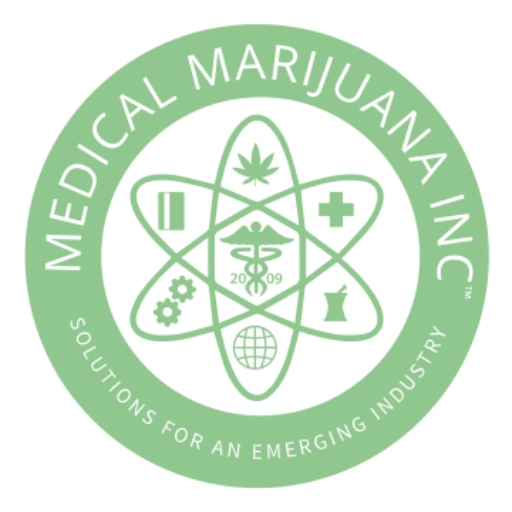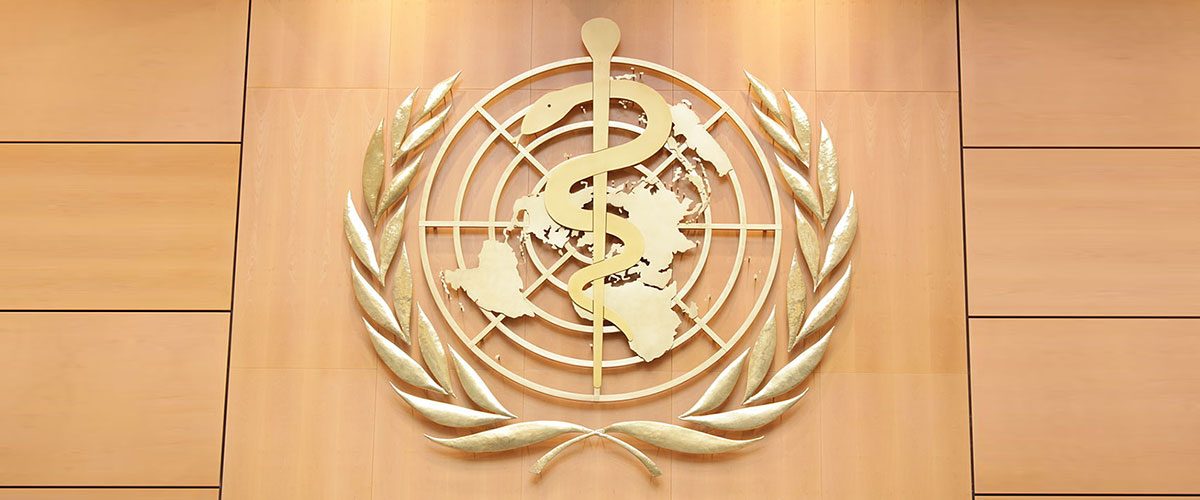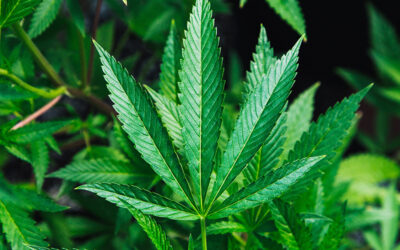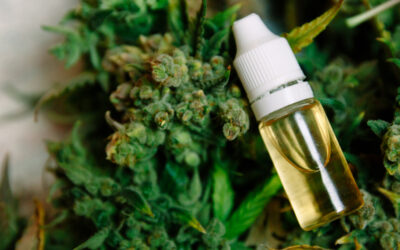Raul Elizalde to speak before WHO Expert Committee on Drug Dependence review of the psychoactivity of CBD.
On November 6th, the World Health Organization’s (WHO) Thirty-Ninth meeting of the Expert Committee on Drug Dependence will begin a 5-day agenda set to determine the potential for harm or dependance of 16 different substances, including cannabidiol (CBD). Medical Marijuana, Inc. subsidiary HempMeds® will have a representative speaking before the committee on the first day regarding CBD.
While WHO recognizes the medical use of certain substances is indispensable in the treatment of many conditions and that they should be available to patients for such purposes, the committee is also tasked with determining which substances should be regulated or banned internationally as scheduled drugs. WHO has a part in two of the United Nation’s central drug control conventions – the 1961 Single Convention on Narcotic Drugs and 1971 Convention on Psychotropic substances.
WHO is responsible for conducting the medical, scientific, and public health evaluation of potentially harmful substances to determine the UN’s role in regulating them. This is done through the thirteen member Expert Committee on Drug Dependence (ECDD). The committee is made up of an international panel of experts in the field of drug addiction and abuse.
The ECDD evaluates the dependence-producing properties and potential harm to health of psychoactive substances. WHO then communicates the ECDD’s recommendations on whether or not the substances should be placed under international control.
The Commission on Narcotic Drugs (CND), made up of 53 UN Member States, considers WHO’s recommendation along with other relevant economic, social, legal, and administrative factors. The CND decides whether substances come under international control based on the ECDD’s recommendations and all other available information.
The drugs currently under review by the ECDD include the following:
- Ocfentanil
- Furanyl fentanyl (Fu-F)
- Acryloylfentanyl (Acrylfentanyl)
- Carfentanil
- 4-fluoroisobutyrfentanyl (4-FIBF, pFIBF)
- Tetrahydrofuranylfentanyl (THF-F)
- 4-fluoroamphetamine (4-FA)
- AB-PINACA
- AB-CHMINACA
- 5F-PB-22
- UR-144
- 5F-ADB
- Etizolam
- Pregabalin
- Tramadol
- Cannabidiol (CBD)
For the purpose of information gathering on these substances, an online questionnaire was designed to explore the legitimate medical or scientific use, potential for abuse, and potential impact of international control for each of the 16 substances under evaluation.
UN Member States were invited to collaborate in the process by providing pertinent information as requested in the questionnaire. The results of these questionnaires will be published as part of the ECDD’s final review.
An Open Session for the 39th ECDD meeting will be held at the WHO Geneva Headquarters on Monday 6th November from 9:00 – 11:00 am. The Open Session provides the opportunity for parties with a special interest in the substances under review to present information to the committee. HempMeds® representative Raul Elizalde will be speaking during this session on cannabidiol’s benefits and lack of psychoactivity.
Recommendations the committee makes regarding cannabidiol’s international drug scheduling influence CBD’s legality around the world, potentially impacting the health options of millions, and generating immense business opportunities.
Learn more about the upcoming Thirty-Ninth meeting of the Expert Committee on Drug Dependence and Medical Marijuana, Inc.’s role HERE.






